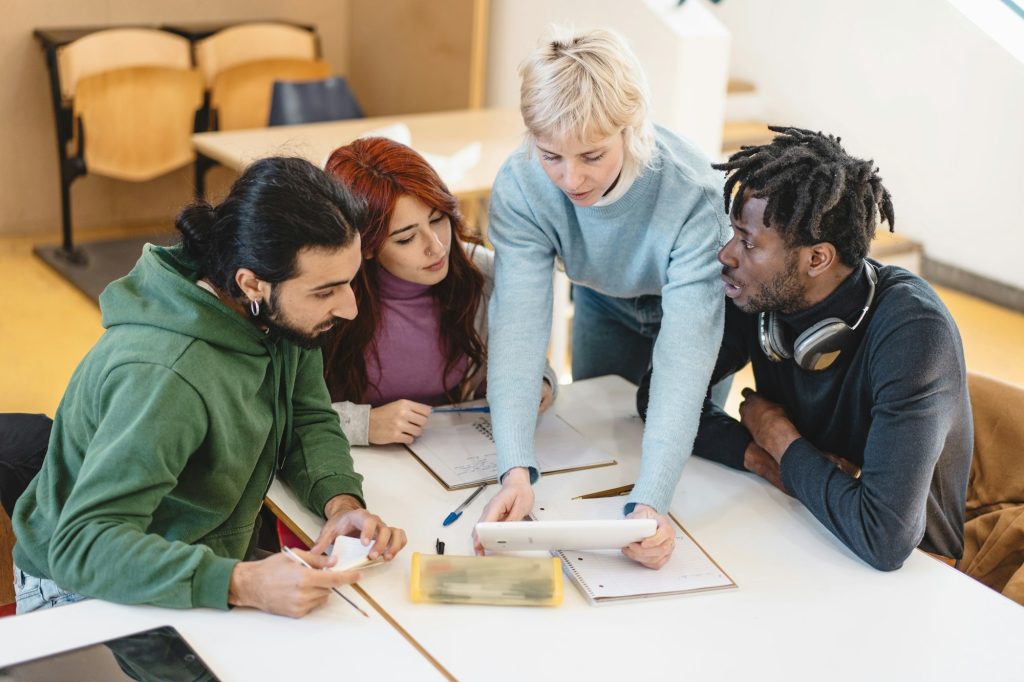Knowledge Exchange Program
Many teachers in Sub-Saharan Africa lack basic qualifications, access to quality training and continuous professional development throughout their careers to keep up with emerging changes in education (UNESCO, 2022). If teachers lack qualifications to teach, their ability to impart knowledge to their pupils and students are compromised. Regrettably this is the unfortunate reality of many Government schools in Nigeria, poorly, affecting learning outcomes of school children.
Our goal at ACE Education is to improve the quality of education in the Nigerian Government educational sector by equipping teachers with the capacity to provide quality, multilingual teaching. We do this through our Knowledge Exchange Program (KEP).
What is KEP?
KEP is a 7-day intensive training initiative that provides Government school teachers in Nigeria with comprehensive professional development. We collaborate with qualified volunteer teachers from the UK who travel overseas (Nigeria) to conduct these training sessions directly with local teachers. Our volunteers train on modern and updated teaching methodologies as well as multilingual teaching concepts.
Our approach to multilingual teaching through KEP
In 2022, Nigeria took a critical step towards adopting multilingual education in schools under its new language policy on mandating local language instruction in primary education. This approach, validated by numerous studies fosters literacy and enhances comprehension, however, the implementation of this in Nigeria, has been challenging. Many teachers have not been fully equipped with the capacity to teach in a local language and need training in multilingual teaching methodologies.
During the training program, volunteer teachers will..

Co-design a lesson plan that captures modern teaching methodologies with the aim of enhancing teaching skills of fellow teachers.

Train teachers on how to deliver effective teaching that will enhance learning outcomes of pupils and students.

Build their network through the opportunity to engage with peers and diverse stakeholders both within and beyond our beneficiary communities.

Gain insights into global perspectives and learning benefits through exposure, valuable for continuous personal development.

Engage in multicultural learning exchanges by connecting with individuals from diverse backgrounds, regions, and cultures.
